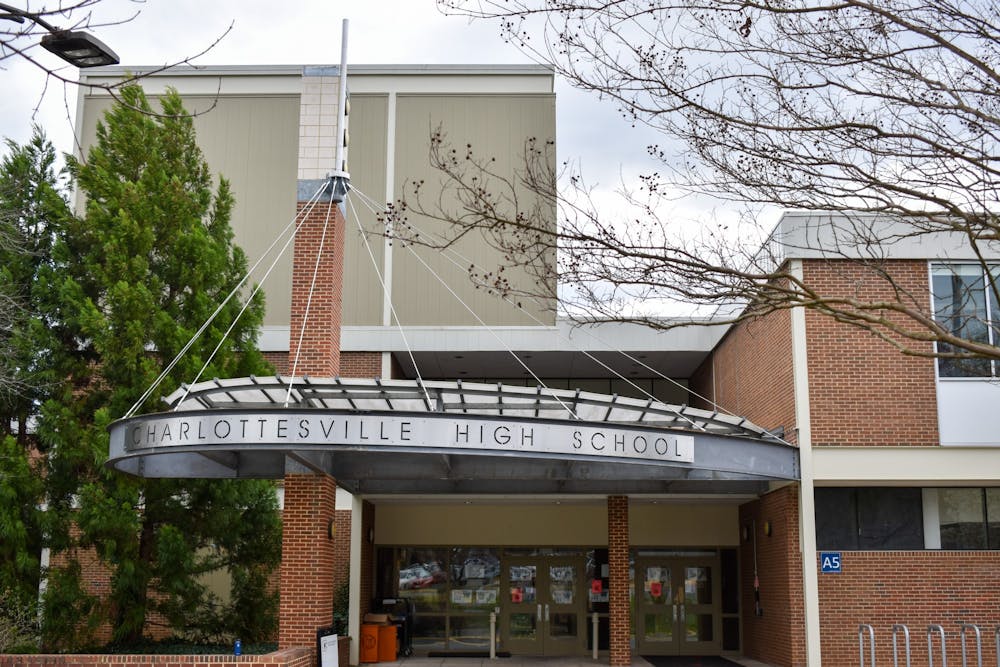Lea en español
Academia is a demanding and formidable pursuit. By the time American students head off to college, they have about 13 years of formal education under their belts. Many will choose to continue after undergrad — the cycle is seemingly unending with semester after semester spent in the classroom. It’s hard for most students to imagine a time when they were not spending the majority of the year in an academic institution of some kind.
There’s an option for a break, though not one many American students consider. Gap years aren’t as common in the United States as they are in much of Europe — only about 3 percent of U.S. students elect to take gap years before college. The U.S. is a nation that idealizes the endless grind. It’s the American dream, and college is an important step in that plan. A gap year would simply be another obstacle to the beginning of their future — a future they will spend perhaps working towards their dreams or simply just working. Graduating seniors are encouraged to go straight into college, without much real-world experience or time off.
Gap years are incredibly beneficial to students. There’s a perception amongst many Americans that young people will get lazy over a gap year and not elect to return to school afterwards — a perception that is overwhelmingly untrue. One study found that 90 percent of American students returned to school within a year, and they return better equipped to handle university life. Gap year students report higher GPAs than peers that have comparable backgrounds who did not take a gap year. Gap years actually had the strongest positive impact on college GPAs for students who applied with grades on the lower end — suggesting that a break from academic rigor can actually be extremely beneficial for students who might have already struggled with higher education in the first place.
Higher education is arduous for anyone, especially at a competitive institution like the University. Burnout threatens even the most academically inclined students. Gap years can significantly aid in a student's mental health, especially if they are planning on attending a competitive university. American students’ mental health has been on a decline, and American students drop out at higher rates than most other developed nations — both due to the rigor and the high expense of college. Gap years provide a helpful reprieve from academic rigor. Students have more time to process the transition, and the extra time allows them to feel more prepared to handle the challenges associated with a university career. Those who continue straight into college are especially prone to burnout. Taking a year off is a great opportunity to decompress and work through any stressors that might have troubled students in high school.
Americans are struggling, not just financially but also academically. U.Va. students understand the immense pressure — this is an extremely taxing institution. Taking a gap year is an important precaution for your mental health if you think you might be prone to burning out in college, or even if you just want to give yourself a better chance at succeeding in college by breaking up the monotony of education you’ve experienced for the past 13 years.
Your late teens and early twenties are some of the most formative years of your life. There’s so much of the world to experience that most students fresh out of high school haven’t been able to yet. Students are expected to find a major that reflects their career path and make incredibly difficult decisions about their future without experiencing the workforce or the world first. Gap years are a unique opportunity for students to escape the bubble of their hometown and academia to find what they are really passionate about. For the most part, they do just that — 60 percent of students taking a gap year say it altered or confirmed their choice of an academic major. The experiences students have while on their gap years allow for serious thought about their futures and real-world exposure, free of the pressures they might have experienced if doing so during college or high school.
Gap years are also a great opportunity to save up money before heading off to college. The cost of a college education in the U.S. is incredibly expensive and is rising every year, so saving money is more important than ever. Students can take advantage of their gap year and earn money full-time to prepare for college. Working full-time during their gap year also gives students exposure to the workforce they might not have experienced in a part-time job during high school or college. They might also take the opportunity to get an internship that might help them network for their future careers, or even just show them if the field they’re interested in is really for them or not. Taking a gap year not only allows students to expose themselves to the workforce, but it is also a sensible financial assistant for those who might have struggled to pay for college immediately.
Let’s normalize the gap year in the United States. We’re young — there’s no rush to get started on college immediately when you have the rest of your life ahead. Taking a gap year isn’t lazy — it’s a shrewd decision that can benefit you both financially and academically.
Allison Haszard is an Opinion Columnist for The Cavalier Daily. She can be reached at opinion@cavalierdaily.com.
The opinions expressed in this column are not necessarily those of The Cavalier Daily. Columns represent the views of the authors alone.







